The Mare's milk (Milk from female horses) is natural food for the foals in the first few months, but it is also occasionally offered as food for humans.
In general, mare's milk is most similar to breast milk. It contains a lot of lactose, iron, vitamin C, vital substances and unsaturated, essential fatty acids. Thanks to this nutrient composition, mare's milk offers the toddler a high level of protection against infections and a strengthening of the immune system.
What you should know about horse milk

The Chinese and Egyptians already appreciated the healing properties of mare's milk 3,000 years ago. There have been many mare's milk sanatoriums in Russia since the tsarist times, and mare's milk is still brought to the Kremlin every day from large stud farms in the Caucasus.
The beauty of the graceful Cleopatra, which she achieved by bathing in mare's milk, is also well known. In the 19th century, some Russian doctors grappled with this phenomenon. This led to the establishment of a mare's milk sanatorium in Samara. The effect of mare's milk has now also been recognized by Western medicine. In Germany, for example, there is a rehabilitation clinic in Graal-Müritz, where mare's milk cures are used in a targeted manner. Initially, mare's milk was intended as a therapy for diseases of the digestive organs and lungs, but during the Second World War, wounded people were also treated with mare's milk in Russian hospitals because it allowed faster healing.
The effectiveness of mare's milk is still being scientifically examined today. Mares do not have a reserve udder, so a foal is required to obtain mare's milk. This triggers the sucking reflex and the foal must have drunk enough milk beforehand. About two liters are obtained in one milking process. To ensure that the valuable ingredients are retained, the mare's milk must not be pasteurized. After milking it is chilled, packaged and flash frozen. It can then be kept for about six months. In a complex freeze-drying process, granules can then be produced by removing water. Since the mares can only give milk if they have a foal, mare's milk is much more expensive than cow's milk.
Importance to health
Until the beginning of the century, mare's milk was one of the few remedies for tuberculosis in Germany. It is even said to alleviate incurable chronic diseases of the intestines and liver.Allergy sufferers tolerate the easily digestible mare's milk better than cow's milk.
It also helps with intestinal problems and even has a soothing effect on Crohn's disease, as the mare's milk activates lactic acid fermentation in the intestine. The number of bifidus bacteria increases and the digestive glands are stimulated. The consumption of mare's milk, as a supplement to medical therapy, provides the patient with significant relief from symptoms. The mare's milk not only improves gastrointestinal disorders and intestinal flora, but also helps with whooping cough, rheumatism, arteriosclerosis and osteoporosis. The fatty acid spectrum is similar to that of breast milk. The milk contains plenty of long-chain, polyunsaturated fatty acids and many other valuable ingredients.
The mare's milk also has an antibacterial effect and strengthens the immune system. The vitamin D it contains is required in particular for the incorporation of calcium into the bones. General signs of wear and tear or exhaustion should also be significantly improved by drinking mare's milk. In addition, milk can have positive effects on skin diseases such as neurodermatitis and psoriasis. For around 150 years, naturopaths and natural medicine have sworn by treating these diseases with mare's milk.
An important part of the effect of mare's milk should be based on the optimization of the body's own defenses, as a disease of the skin also means a worsened defense reaction and often an excessive, auto-aggressive immune system. People with a weak immune system can therefore try to strengthen their immune system with mare's milk that they drink regularly. Use on the skin and as a drink has a positive effect on various skin diseases. Therefore, mare's milk is often used in care cosmetics.
Ingredients & nutritional values
Mare's milk contains all the nutrients that humans need for life: protein, fat and carbohydrates. These nutrients provide the body with energy. 100 grams of horse milk contains almost 50 calories (kcal). Despite the low fat content, mare's milk is rich in unsaturated fatty acids, which have a positive effect on the heart muscle, the muscle tissue, the gastric and intestinal mucous membranes, the hormone-producing glands and the central nervous system.
The valuable vitamins contained in mare's milk include vitamins A, B1, B2, B6, B12 and plenty of vitamins C, D and E. The mare's milk therefore contributes to a healthy diet. Thanks to its nutrients and active ingredients as well as its balanced composition, it is a source of strength for the entire body. The milk strengthens the immune system and regenerates the metabolism.
Intolerances & allergies
Mare's milk contains few ingredients that lead to an allergic reaction or an intolerance. Therefore, there are hardly any allergies to the milk. However, it is not suitable for babies because it does not contain enough fat and the milk therefore does not provide enough energy to thrive.
Shopping & kitchen tips
The mare's milk is to be stored at -18 ° C, whereby the shelf life of the frozen milk is at least six months.
Mare's milk thawed in the refrigerator can still be drunk a few hours after thawing in a cool place. Mare's milk thawed in a warm water bath should be consumed quickly and remnants of the horse's milk should not be rewarmed, as the ingredients are reduced and the desired effects of the milk can no longer be achieved. In principle, mare's milk must not be thawed or heated in the microwave.
Preparation tips
A good alternative to fresh mare's milk is the freeze-dried variant, which is obtained through a freeze-drying process. This protects the sensitive ingredients of mare's milk. The pleasantly sweet-tasting powder is simply dissolved in water. It is therefore easy to use and also very suitable for on the go. A drinking cure extends over a period of four to eight weeks, with at least 1/4 liter of mare's milk being consumed in the morning or in the evening.
If a new stomach and intestinal situation develops within the first two weeks, for example diarrhea, this can be viewed as positive. The horse milk capsules are also an ideal addition to the drinking cure. This is especially perfect when you are out and about, when there is no way to take the frozen mare's milk with you, to store it and to thaw it. The capsules are also very suitable for people who have little time, for whom using the frozen milk or mixing the powder is too cumbersome.

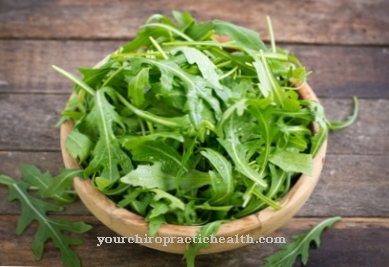
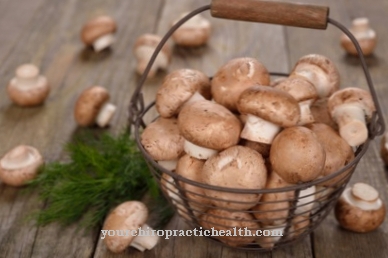
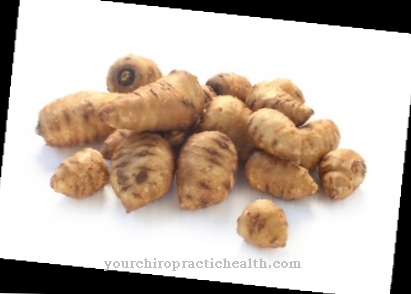

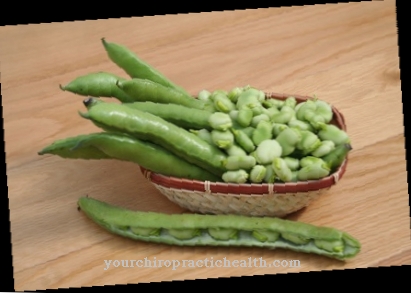
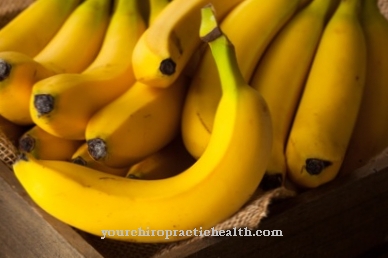





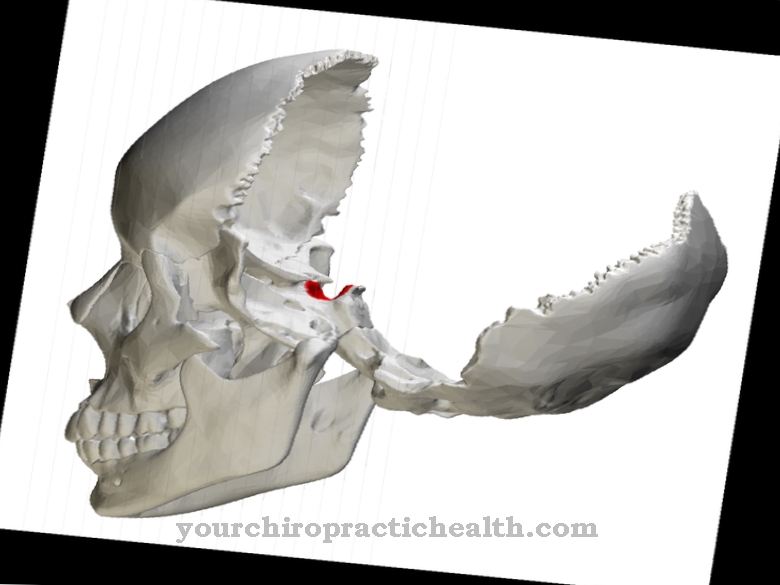
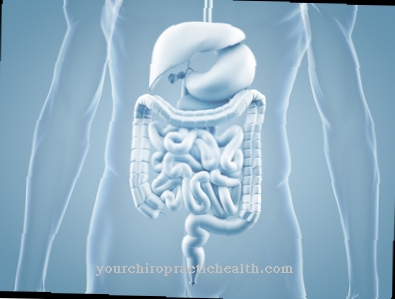

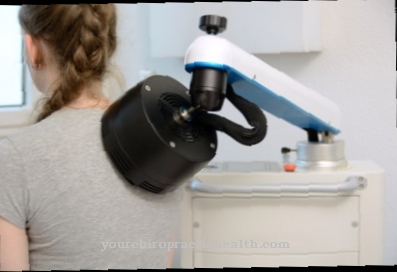
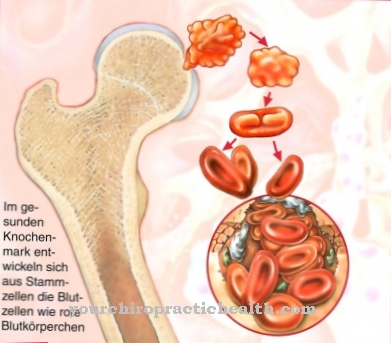


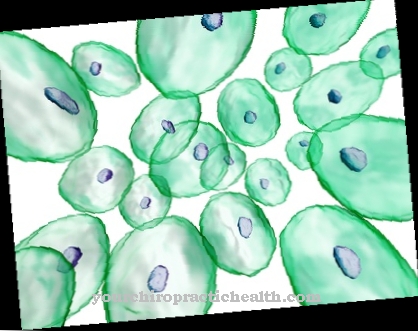
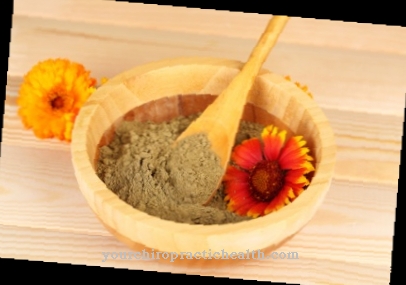
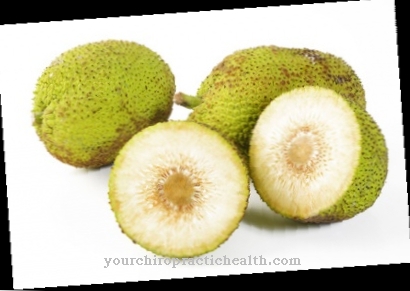



.jpg)

.jpg)
